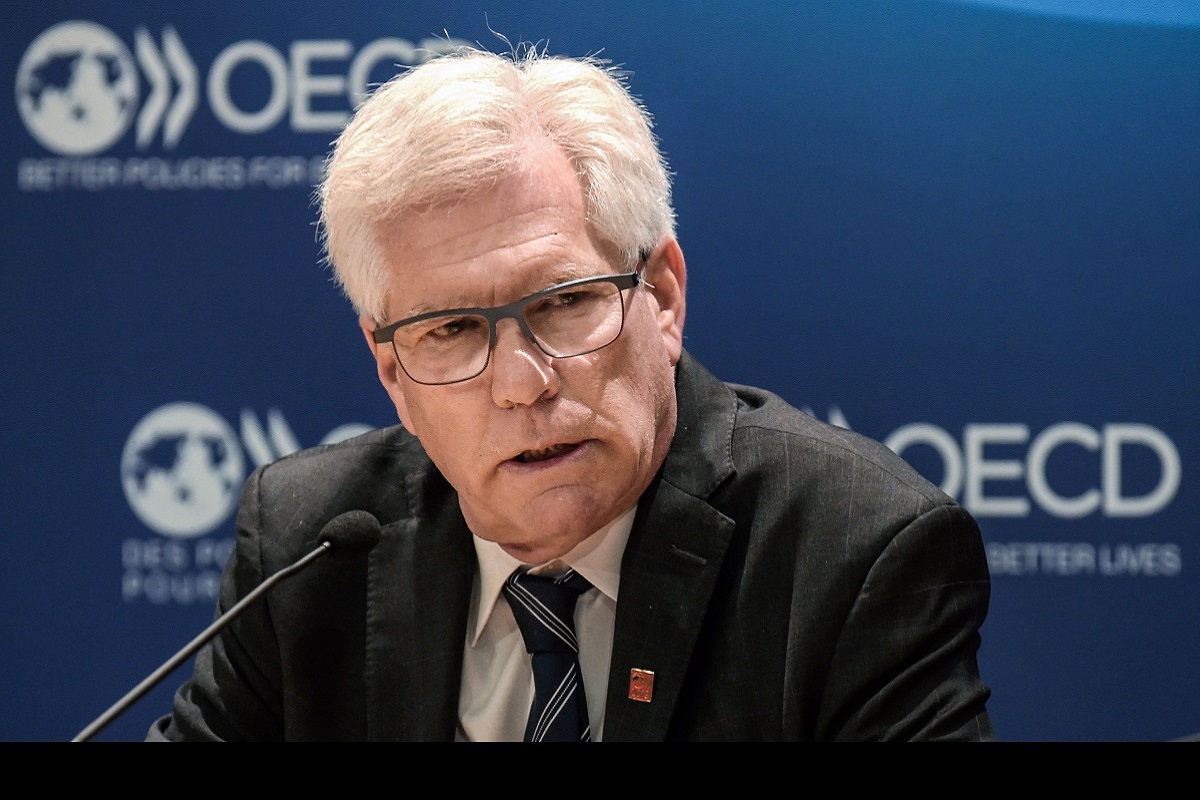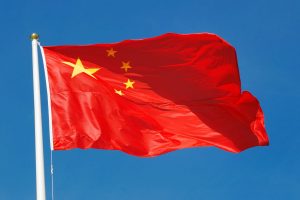In the backdrop of the USChina trade war and an impasse at the World Trade Organisation, (WTO), a “mini WTO ministerial” of 22 developing countries took place in New Delhi on 13-14 May.
Sixteen developing countries, six Least Developed Countries, notably Argentina, Bangladesh, Barbados, Benin, Brazil, Central African Republic (CAR), Chad, China, Egypt, Guatemala, Guyana, Indonesia, Jamaica, Kazakhstan, Malawi, Malaysia, Nigeria, Oman, Saudi Arabia, South Africa, Turkey, Uganda and the Director-General, WTO, participated in the meeting. Whereas Ministers from Bangladesh, CAR and South Africa participated, Vice-Ministers, senior officials and ambassadors represented their countries.
Advertisement
The agenda for the meet was ~ “Member countries to deliberate on a common position on unilateral measures being taken by a few countries, to discuss an impasse in the WTO Appellate Body, which could impact the Dispute Settlement Mechanism”. According to India’s commerce ministry, the meeting was held at a time when the WTO “multilateral rule-based trading system is facing serious and grave challenges” and in the recent past, “there have been increasing unilateral measures and counter-measures by members”.
Commenting on the ongoing trade war with China, President Trump tweeted, “Tariffs will make our country much stronger, not weaker. Just sit back and watch,” as Washington increased the tariff on Chinese goods. The meeting discussed an impasse in WTO’s appellate body, one that could impact the existence of a Dispute Settlement Mechanism, indeed WTO’s position as an effective multilateral organisation.
The appellate body based in Geneva hears appeals brought by WTO members and consists of seven members. The US has blocked the nomination of new members to the entity. The two-day meeting also provided an opportunity to the developing countries and LDCs to forge a consensus on how to move forward on WTO reforms, while preserving the fundamentals of the multilateral trading system.
The members discussed how to constructively engage on various issues in the WTO, both institutional and negotiating, in the run-up to the Twelfth Ministerial Conference (MC12) of WTO to be held in Kazakhstan in June 2020. As many as 17 developing nations, including India and China, pitched for resolving the deadlock over the appointment of members to the WTO’s appellate body at the earliest, warning of a complete paralysis in the dispute settlement mechanism of the multilateral trade entity by December if members don’t act fast.
The members expressed concern over the delay in the appointment of members to the WTO’s appellate body. Blocked by the US, this has hampered its functioning. The minimum quorum (3) for the functioning of this body will end on December 10, after which it will become infructuous unless appointments are made at the earliest. Commenting on the impasse over the appointment of members in the appellate body, India’s commerce secretary said, “Its functioning needs to be continued beyond the period when some members will be retired and the quorum will be lost.”
The countries also urged all WTO members to engage constructively in order to address the challenge without delay in filling the vacancies in the appellate body, while continuing discussions on other issues related to the functioning of the dispute settlement mechanism. The statement said the ongoing impasse has weakened the dispute settlement system and threatens to completely paralyse it by December 2019.
The declaration also made a strong case for preserving flexibilities that are being offered to developing countries under the WTO’s special and differential treatment (S&DT) provisions, as these are the rights of developing nations. “S&DT is one of the main defining features of the multilateral trading system and is essential to integrating developing members into global trade. S&DT provisions are rights that must be preserved and strengthened in both current and future WTO agreements,” the declaration stated.
Briefing the media after the meeting, India’s ambassador to the WTO J S Deepak said, “Our position is clear that it is an unconditional right. It is not only a principle but a modality to help developing countries, including LDCs, to adjust themselves to the global trade rules”. India, he added, would continue to use such S&DT flexibilities in existing and new agreements.
In future negotiations, India will demand appropriate and effective S&DT, including issues involving fishery subsidies. Special and differential treatment allows developing countries a longer time-frame to implement commitments and greater flexibility in adopting measures to improve their presence in global markets. For instance, developing countries are allowed to provide considerably larger input subsidies and minimum price support.
They can offer product-specific farm subsidies up to 10 per cent of the value of production, against 5 per cent for developed countries, although the latter enjoy other flexibilities. The S&D status gives developing and LDCs more time for implementing multilateral trading rules. WTO director general Roberto Azevedo said that the S&D mechanism must be innovative to address the impasse.
The developing countries and the WTO Secretariat differed on the way the current impasse over the S&D treatment should be resolved. The US has submitted a proposal at the WTO stating that as several developing countries such as China and India have made significant strides in development, countries that are members of G20 or Organisation for Economic Cooperation and Development (OECD), as well as those classified by the World Bank as a high-income country or those with 0.5 per cent share in world merchandise trade should not get S&D benefits in trade negotiations.
However, the WTO directorgeneral said that the S&D mechanism must be innovative if the impasse is to be addressed. “If left unaddressed it may go either way. The ideal way is to have a benchmark because the differentiation is already happening and is essential for small developing countries. The best way forward is to have a trade-facilitationagreement- type model where countries may set their own benchmarks,” he said. India, China and South Africa, however, are strongly resisting attempts made by some rich WTO members, including the US and the EU, to re-define S&DT and deprive larger developing countries from the benefit.
As many as 17 of the 22 members present at the meeting of trade ministers and senior officials of developing countries and LDCs tried to find common ground on issues of concern. They produced a Delhi Declaration insisting on safeguarding S&D provisions. Five members ~ Kazakhstan, Turkey, Argentina, Brazil and Guatemala ~ did not sign the joint statement. Nor for that matter did they specify the reason.
(The writer is author of World Trade Organisations: Implications for Indian Economy. He may be reached at vasu022@gmail.com)











